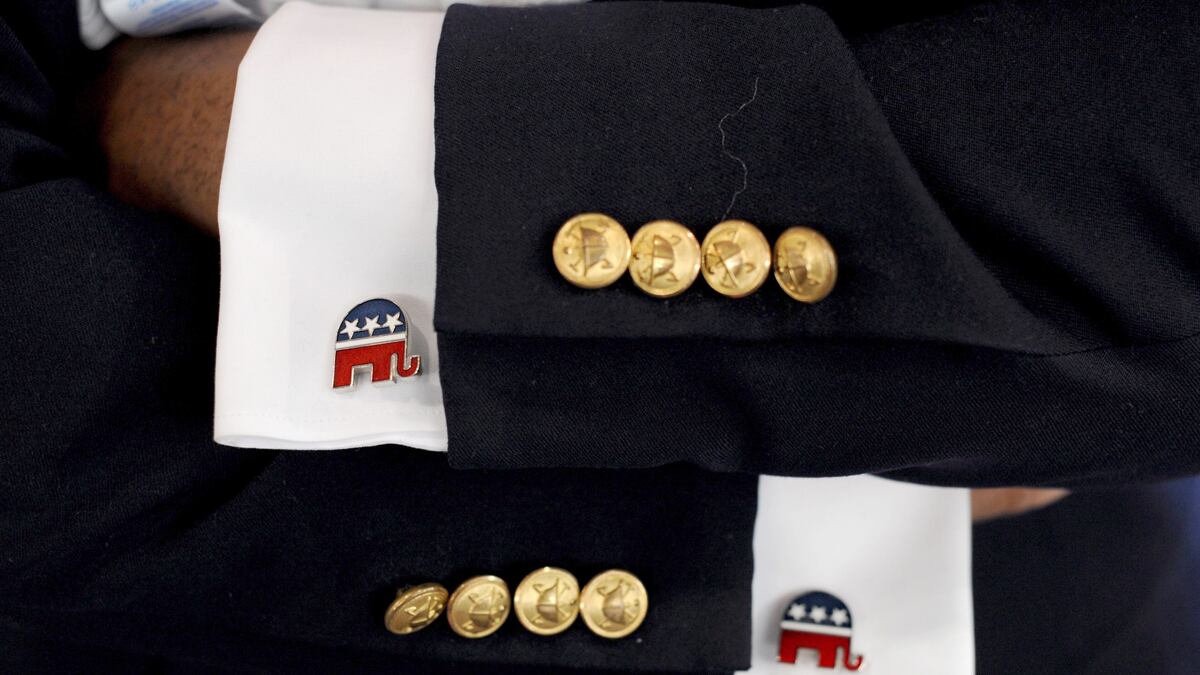
John Avlon has an important piece this morning about the trend toward oligarchy in American politics:
In 1987, Michael Dukakis’ income as governor of Massachusetts was just four times that of the average American. In 2007, it took 70 John and Jane Q Publics to match then-Senator Barack Obama’s income, most of it from book royalties. And last year, Mitt Romney—another former Bay State governor—took in more than 400 times Mr. or Mrs. Smith made on Main Street.
But the implications are much bigger than Mitt Romney’s extraordinary success as the founder of Bain Capital. The widening space between our candidates and ourselves is consistent with the rift separating the super rich from the middle class. And that represents a threat not just to the ideal of the American dream, but to the stability of our society, which is as strong as the mobility of the middle class.
...
The same rich-get-richer dynamic is at work in our politics. Back in 1972, Democratic nominee George McGovern, a U.S. Senator from South Dakota, had an income of $89,000—roughly ten times the average household income at that time. Four years later, peanut farmer and Georgia Governor Jimmy Carter had an income of $136,000. Four years after that, Ronald Reagan—a successful actor and public speaker as well as a former California Governor—had an income of $515,000. (All this data comes from numbers crunched by Professor Emmanuel Saez, director of the Center for Equitable Growth at Berkley.)
Reagan was criticized for giving paid speeches to foreign audiences and corporations after he left office, but this is now an uncontroversial and established pattern—capitalizing on public service once it ends, like making up for lost time and earnings. Bill Clinton, who entered office earning just $244,000 as the governor of Arkansas, netted $13.4 million last year in speaking fees alone.
But in the past decade, this pattern has reversed: candidates cash out before they run for president.
But it's not just the presidency! Since 2010, we've had the first Supreme Court in history entirely staffed by products of the Yale and Harvard Law Schools.
(Footnote: Ruth Bader Ginsburg graduated from Columbia, but only because she transferred from Harvard after 2 years to follow her husband to his job in New York.)
The U.S. Senate has become the greatest legislative concentration of private wealth since Benjamin Disraeli described the British House of Lords as a "Venetian oligarchy."
Members of the House of Representatives own portfolios that year-in, year-out outperform the S&P 500 by an average 9%. (Senators beat the S&P by 11%.)
And today's Politico tells us that Karl Rove is enjoying a third-marriage honeymoon trip to Italy on board a 737 jet loaned him by a billionaire casino owner.
All of this has become so familiar that it lapses from our minds, it's just the way things are. And yes, it is the way things are. It is only an important part of the explanation for why so many other things are the way they are, including the contrast between the US government's energetic response to financial crisis—and its lackadaisical acceptance of the protracted economic depression that followed.






